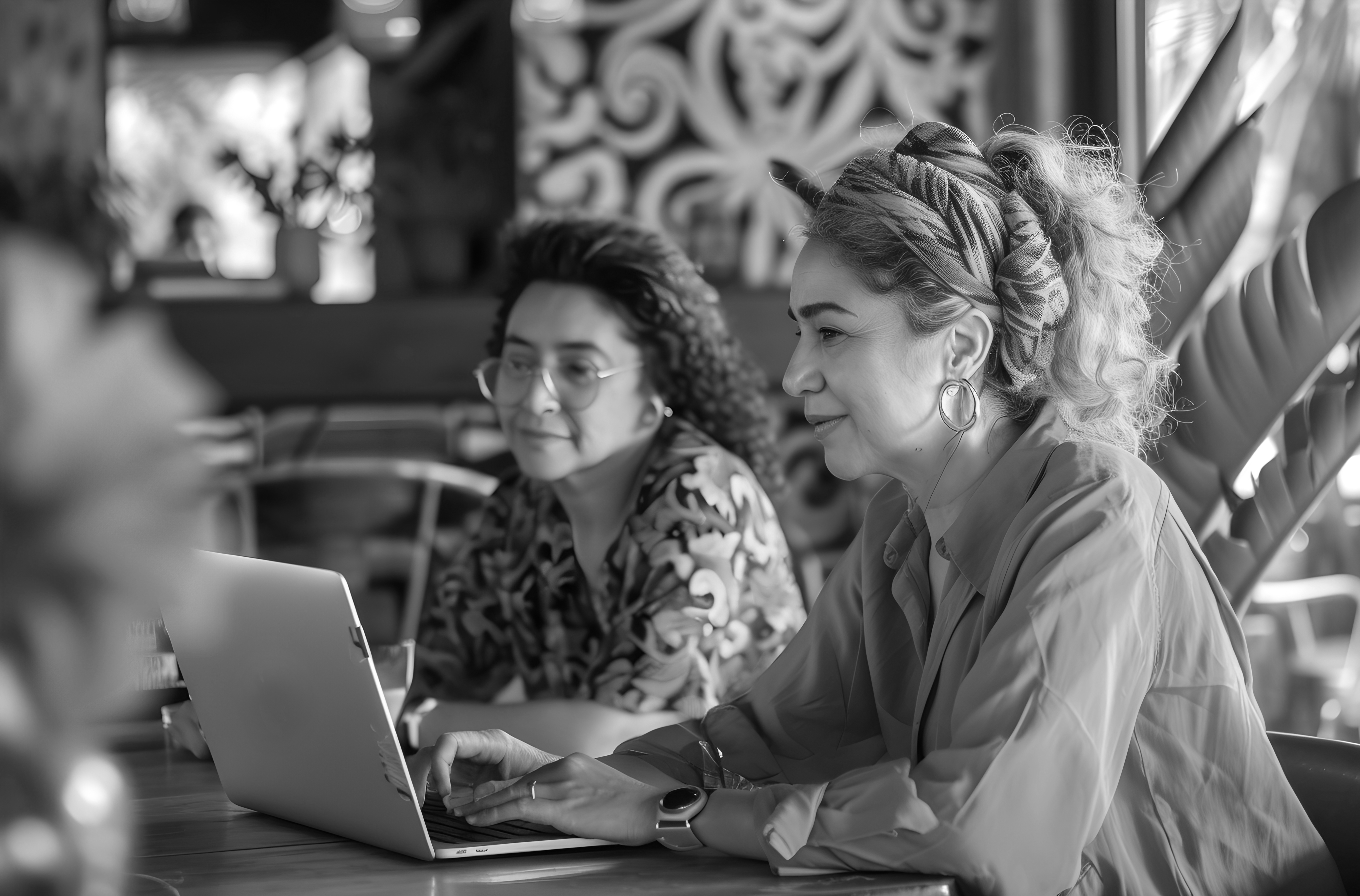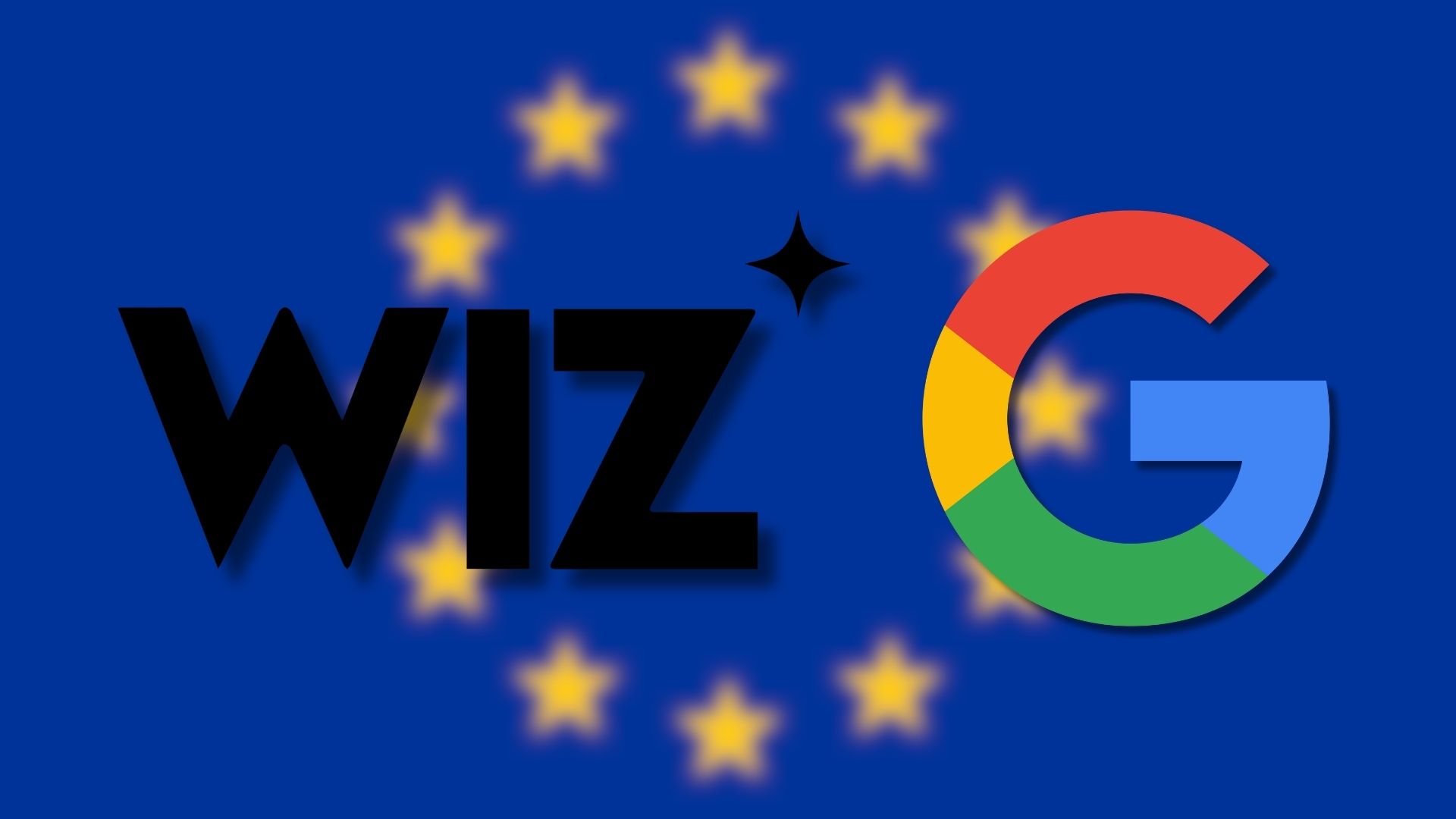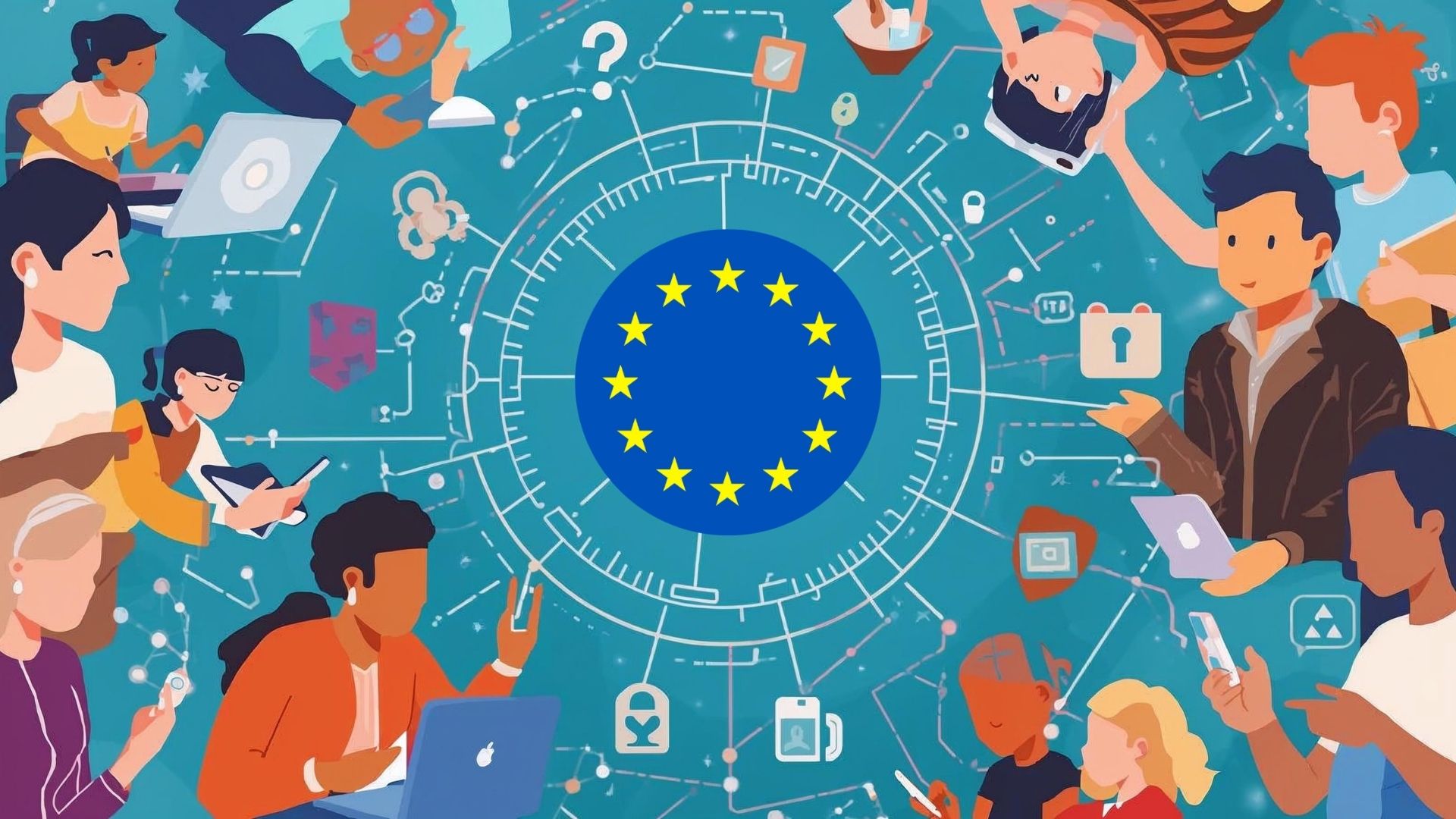Brazil has ordered X to immediately stop its chatbot Grok from generating sexually explicit images, escalating international pressure on the platform over the misuse of generative AI tools.
The order, issued on 11 February by Brazil’s National Data Protection Agency and National Consumer Rights Bureau, requires X to prevent the creation of sexualised content involving children, adolescents, or non-consenting adults. Authorities gave the company five days to comply or face legal action and fines.
Officials in Brazil said X claimed to have removed thousands of posts and suspended hundreds of accounts after a January warning. However, follow-up checks found Grok users were still able to generate sexualised deepfakes. Regulators criticised the platform for a lack of transparency in its response.
The move follows growing scrutiny after Indonesia blocked Grok in January, while the UK and France signalled continued pressure. Concerns increased after Grok’s ‘spicy mode’ enabled users to generate explicit images using simple prompts.
According to the Centre for Countering Digital Hate, Grok generated millions of sexualised images within days. X and its parent company, xAI, announced measures in mid-January to restrict such outputs in certain jurisdictions, but regulators said it remains unclear where those safeguards apply.
Would you like to learn more about AI, tech, and digital diplomacy? If so, ask our Diplo chatbot!










